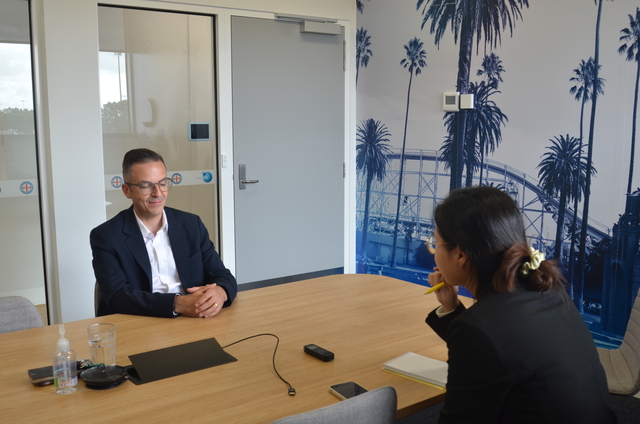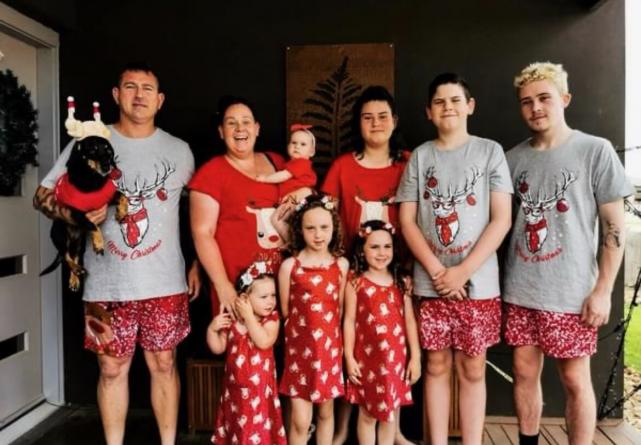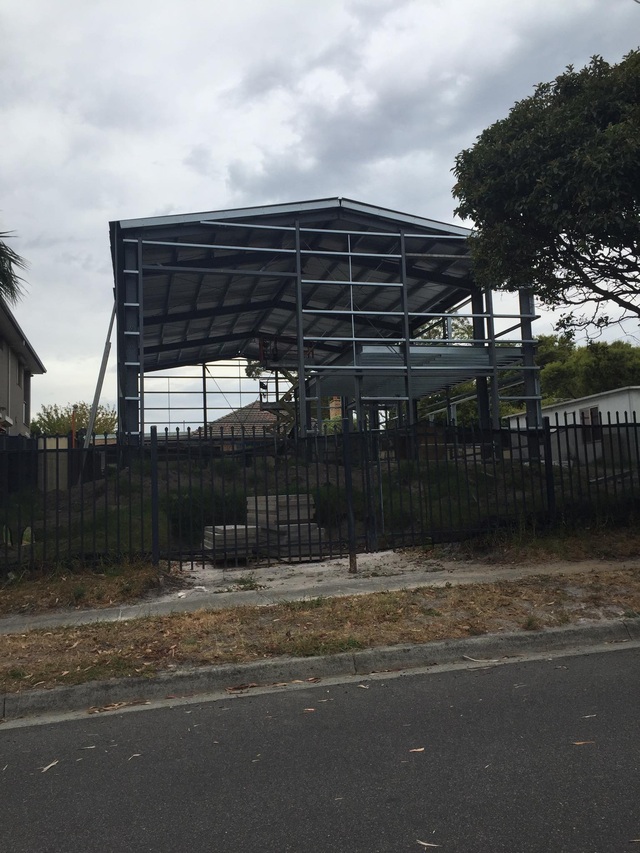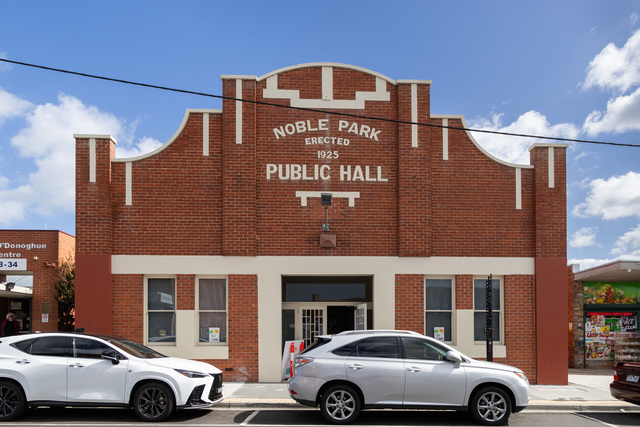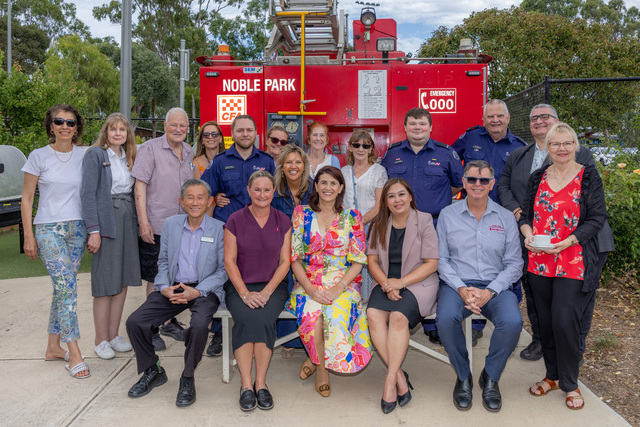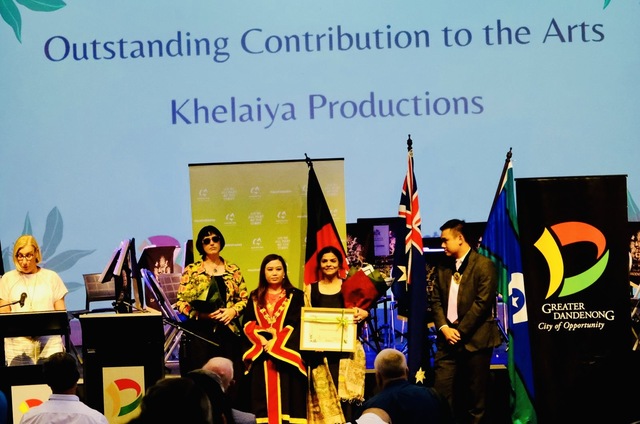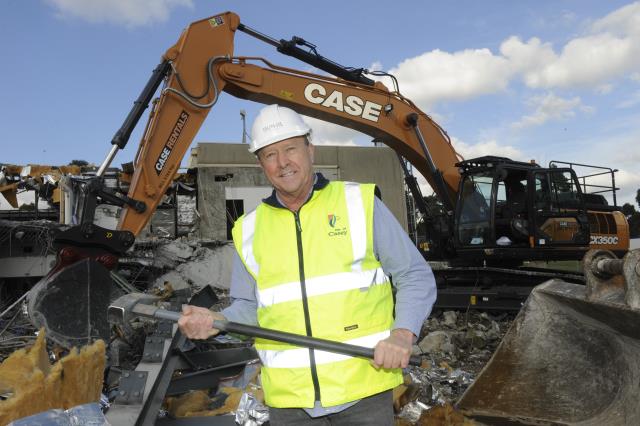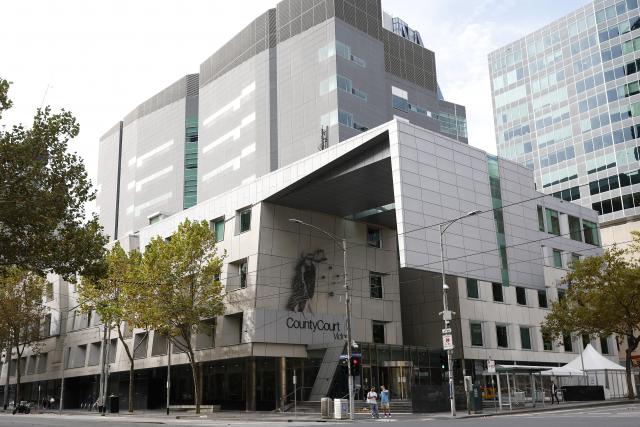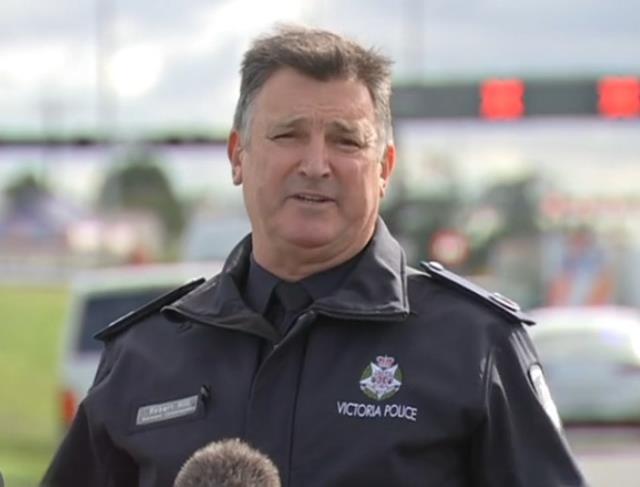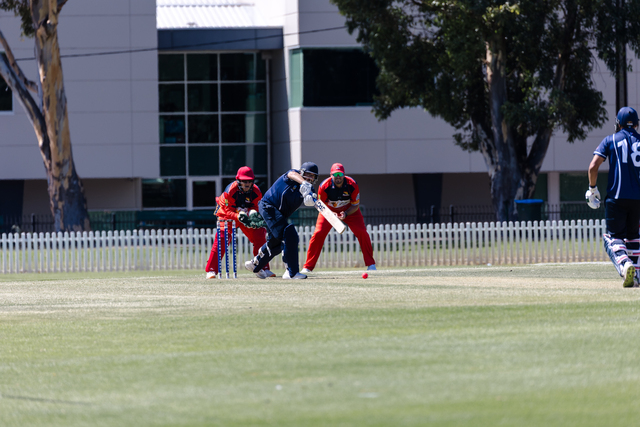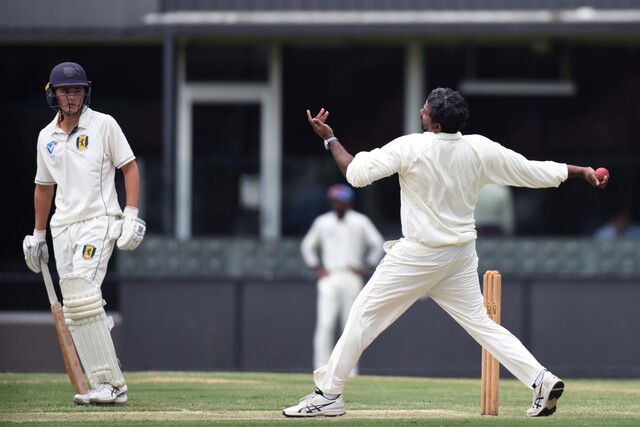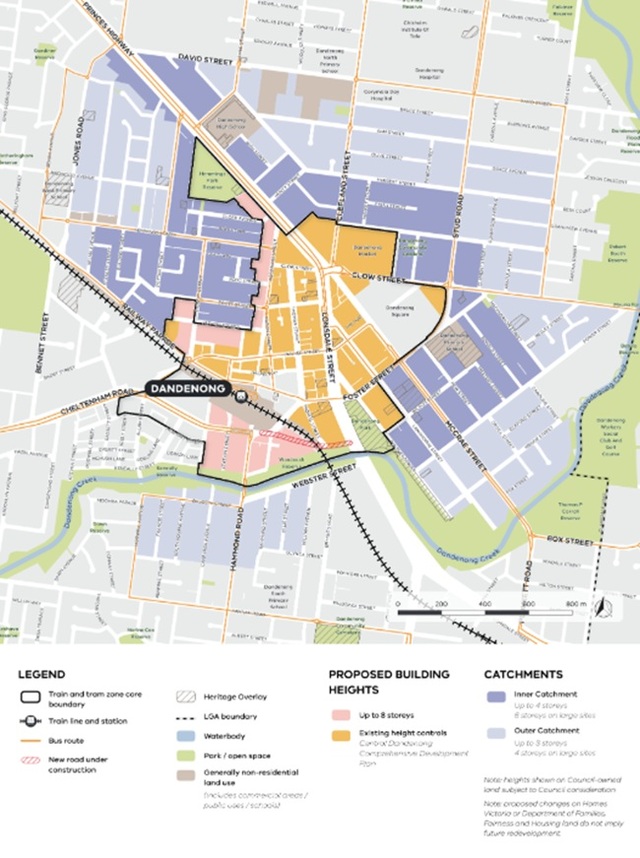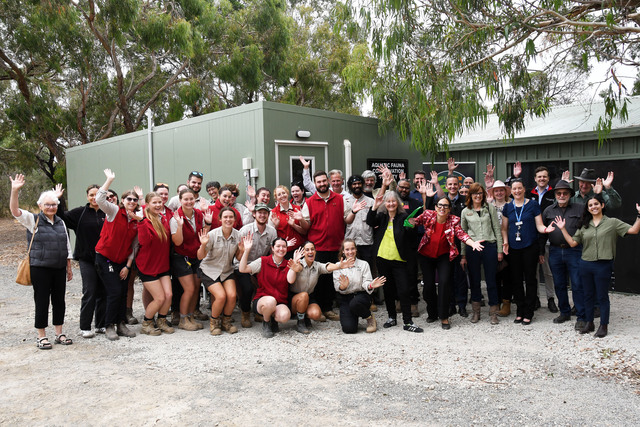By CATHERINE WATSON
In his prime, Russell Robertson could change the trajectory of an AFL game with a miraculous snap at goal or a nerveless set shot from 50 metres out.
But the 200-game veteran says that in his 13 years of playing football, the most courageous act he saw happened off the field.
It happened on a Melbourne Demons’ footy trip to Thailand at the end of the season, 10 or more years ago. It was typical of such affairs: 40-odd youngish blokes hanging out, lots of boozing, lots of women — or at least lots of blokes talking about women and sex.
In the middle of one of these sessions, Clint Bizzell — a hard man of the Melbourne team — stood up and said, “This is ridiculous. I don’t want to do it any more.” And walked out.
Until then, Robertson had thought what they were doing was just what any young bloke would do if he got half the chance, but Bizzell’s comment made him think again. “By the next day I agreed whole-heartedly with him and we never had a footy trip like that again,” he says.
Ten years after that pivotal footy trip, Robertson is a sometime musician, model and reality TV star, a full-time AFL development manager, a family man and the face of a new campaign — the Challenge project — to tackle family violence across Greater Dandenong, Casey and Cardinia.
The state government has given funding of $600,000 over three years for the project to recruit leaders in fields as diverse as sports clubs, faith communities and ethnic associations to speak up against male perceptions of females that lead to violence against women and children.
Robertson believes the campaign is right on the money. He says it’s only by blokes speaking honestly to their mates that we’ll see real change, man by man, boy by boy. And change is vital: last year police recorded more than 6000 reports of family violence in the three municipalities.
Ask him why his attitude to women is different from that of so many football stars and he credits it to having three sisters.
“I didn’t like the fact that they live in a world where they have to be afraid of what men might do to them. I don’t think twice if I want to go to a supermarket at night. I can park in a deserted car park and have no fear of being assaulted. They don’t have that freedom.
“Men are lucky to have been born with the strength to defend themselves. Unfortunately, sometimes they use that strength against people who are not as strong.”
In his role as an AFL development manager, he talks to footballers all over Australia and to boys in schools and is constantly amazed at their attitudes to females.
“It’s interesting how archaic our thinking is and how impressionable young men are. Boys think of their fathers as heroes. Everything my father did I watched. Imagine the impact on one of these young kids of watching his father bashing his mother.”
A former Tasmanian, he has a special link with the south-east of Melbourne, having married a Cranbourne girl and settled in the area. He says there is no doubt that family relationships are demanding.
“After a long day at work, it’s hard to read a book to my son or go out and play with him when I’d rather sit on the couch and watch TV. Married life is challenging every day.
“I played football for 13 years and I had a ball. I don’t care if my son knows about that. I do care that he knows me as a respectful, honourable man who always looked after his mother.”
One of his biggest challenges as an AFL development manager is teaching over-indulged, over-idolised AFL footballers to treat women respectfully in a culture that often treats them with contempt.
If he ever feels daunted by the task, he only needs to think back to the example of his teammate on that footy trip. “To my mind, Clint was a hero that day. He stood up in one of the hardest forums — hanging out with his mates — and said ‘This is bullshit’.
“We have to have the courage to stand up individually and say ‘I don’t like this’ and walk away. It’s baby steps for stopping family violence but perhaps my example will change someone else as Clint’s example changed me.
“The easiest thing is to be one of the boys. You can make a change by simply standing up for what you believe. That’s the hard bit. That’s what being a hero is.”
If you are experiencing family violence, contact:
■ Women’s Domestic Violence Crisis Service: 1800 015 188 or 9322 3555.
■ In an emergency, call triple-0.
What do you think? Post a comment below.
For all the latest breaking news, stay with this website. Also, follow the Weekly at facebook.com/dandenongjournal or on Twitter @DandyJournal.


